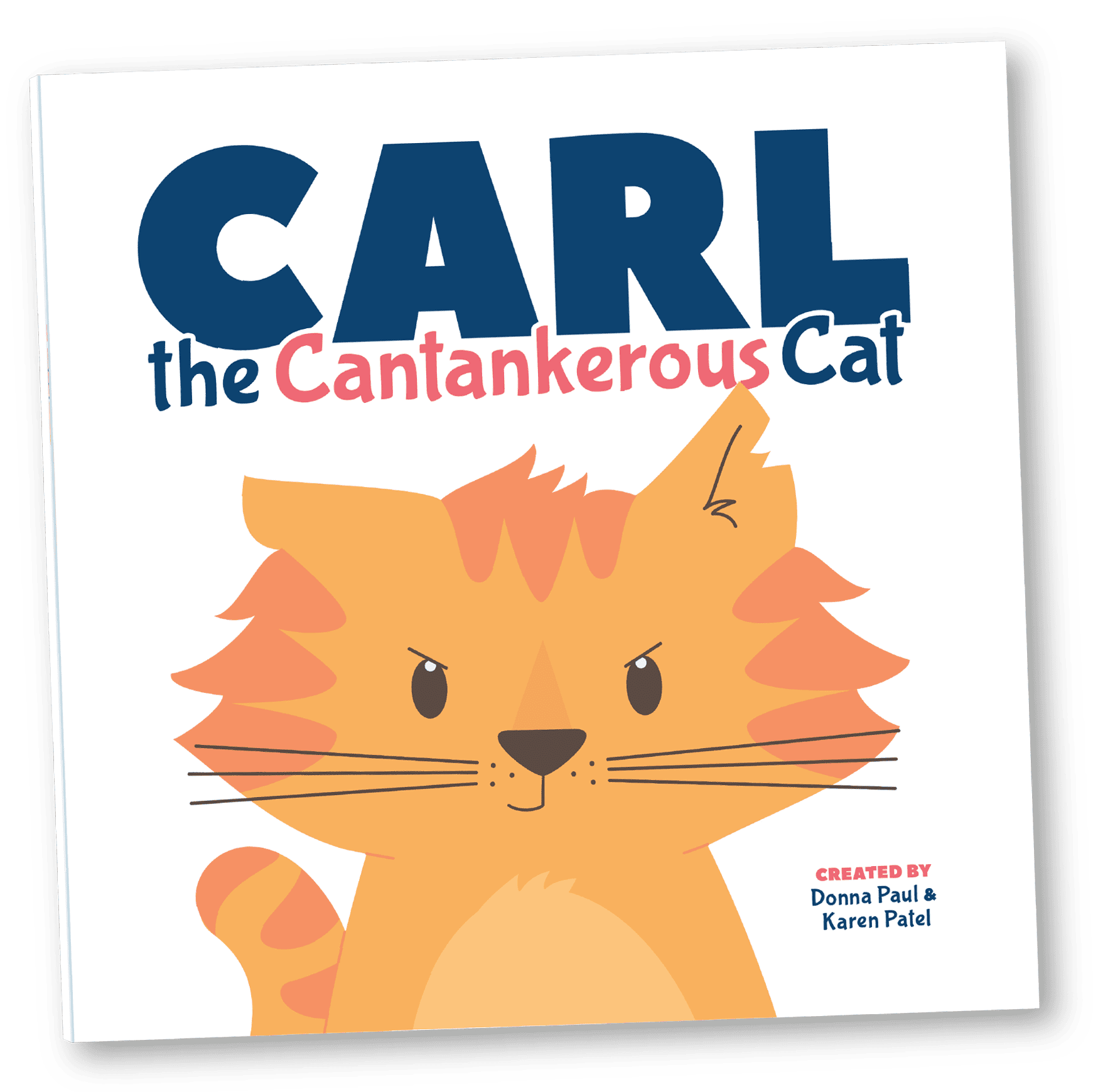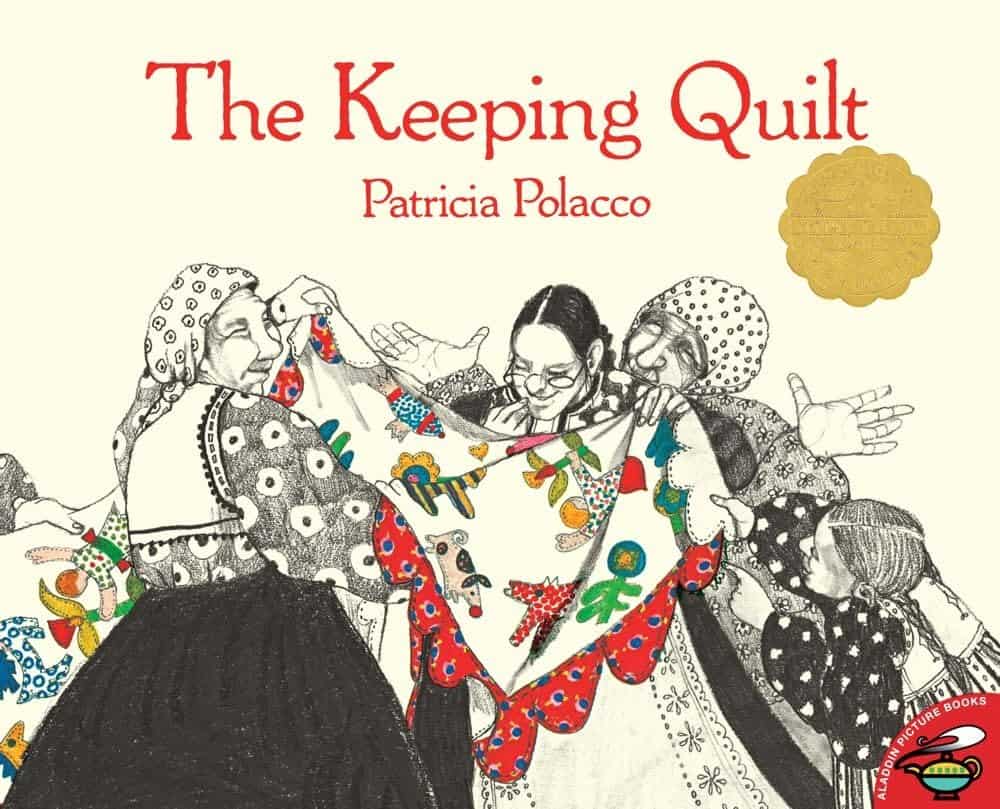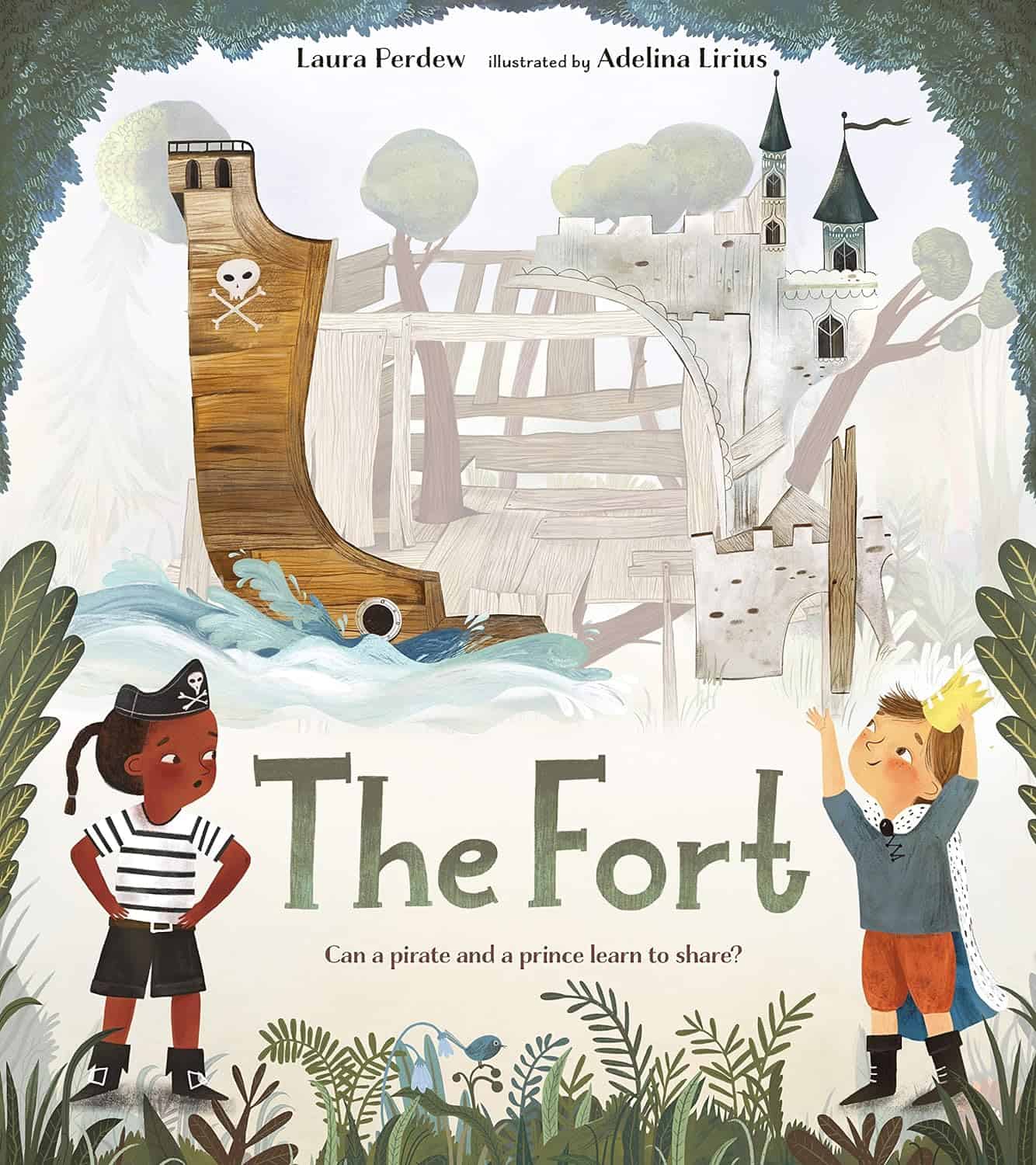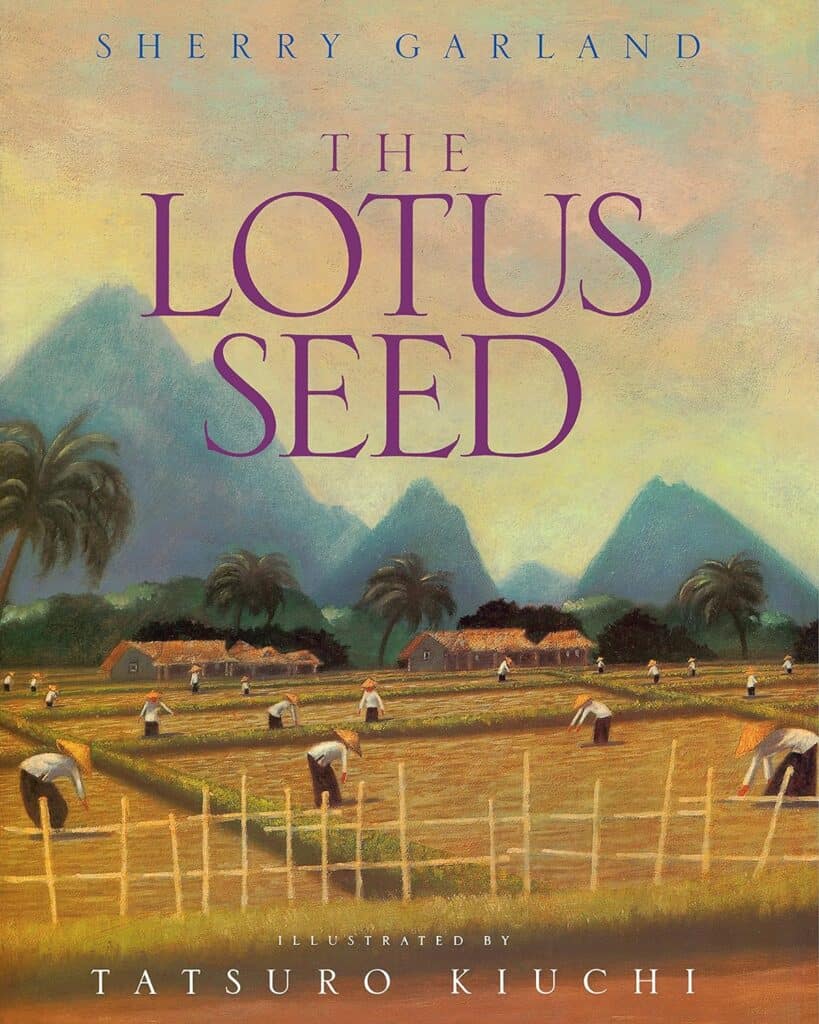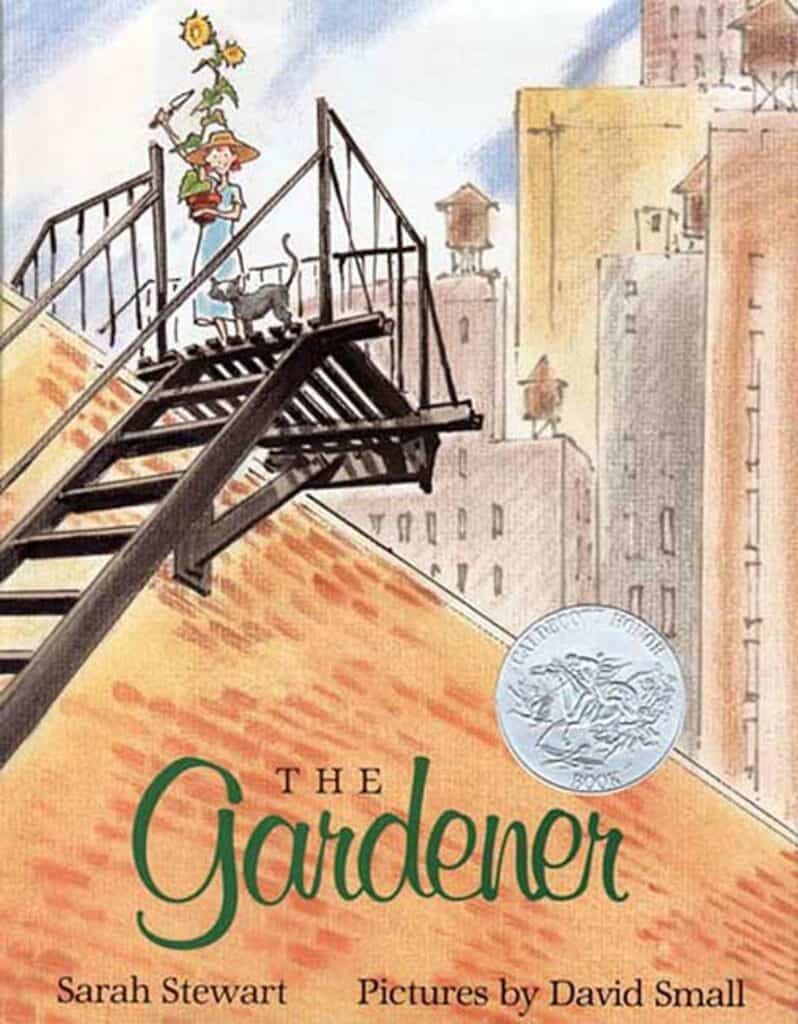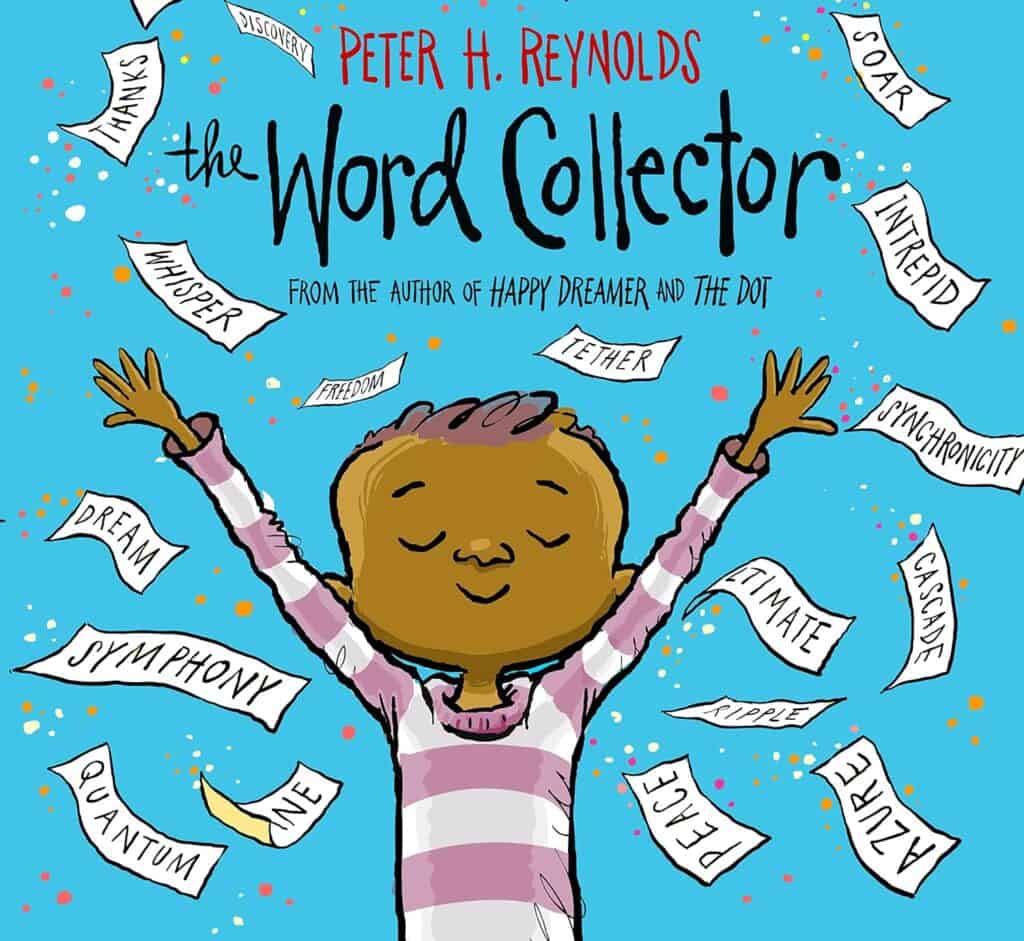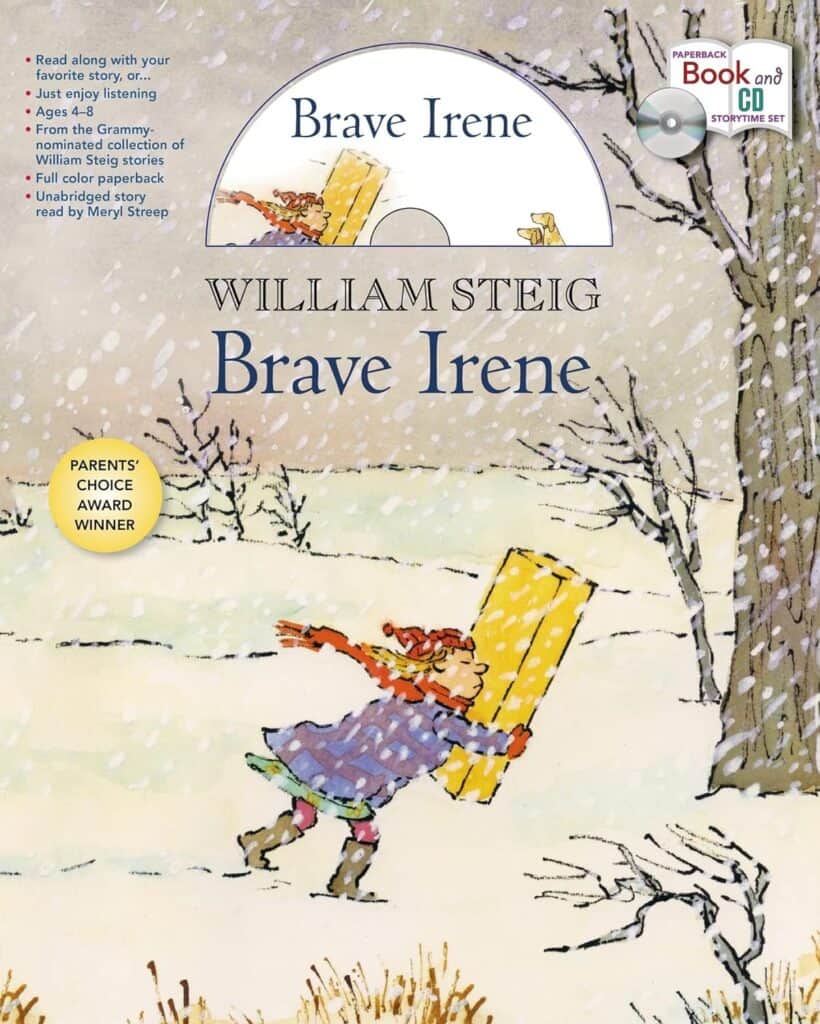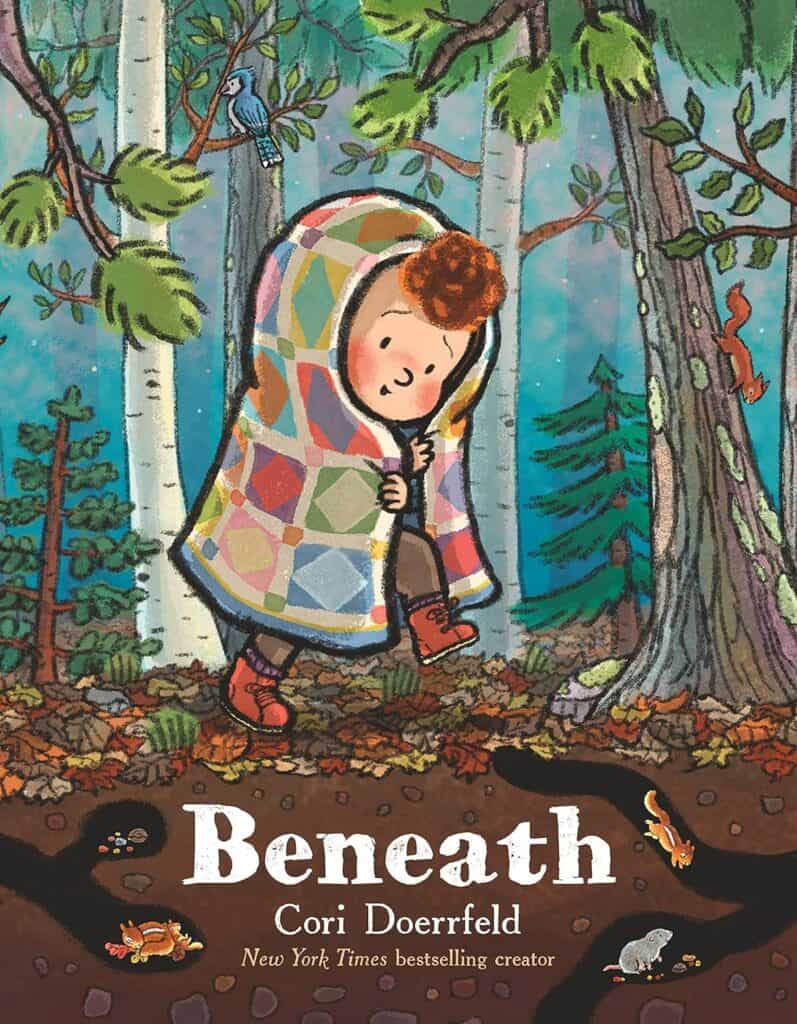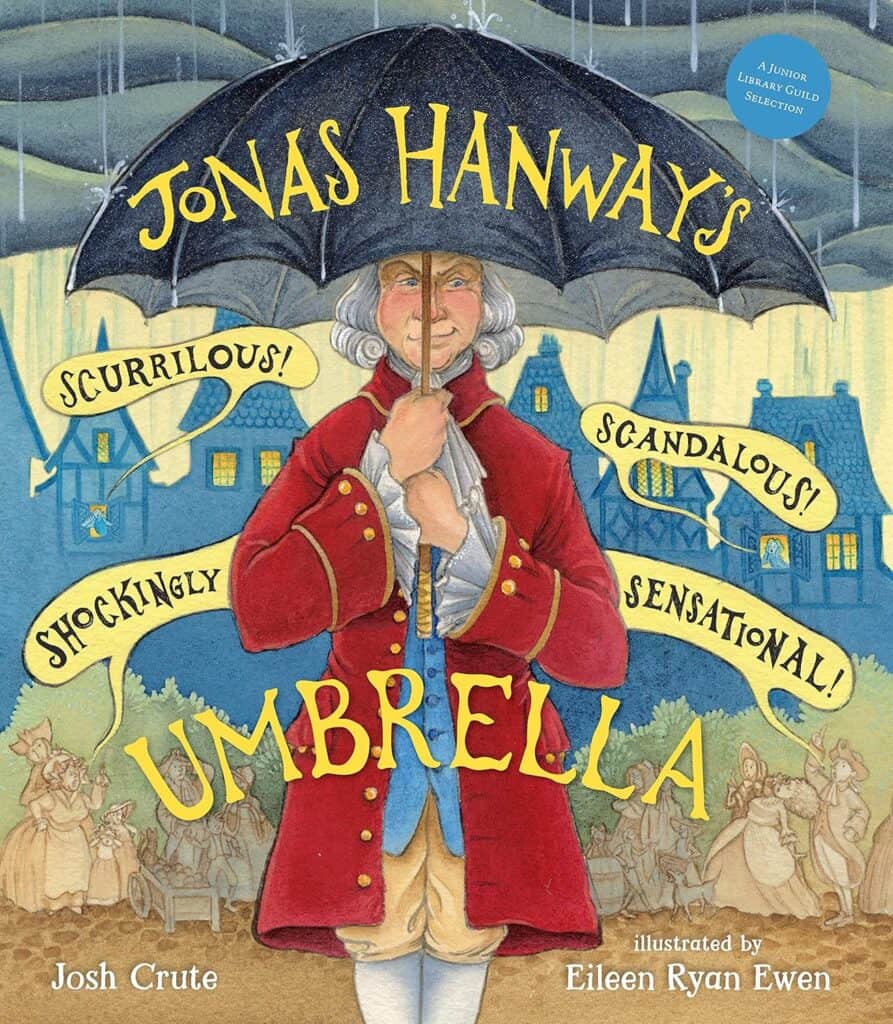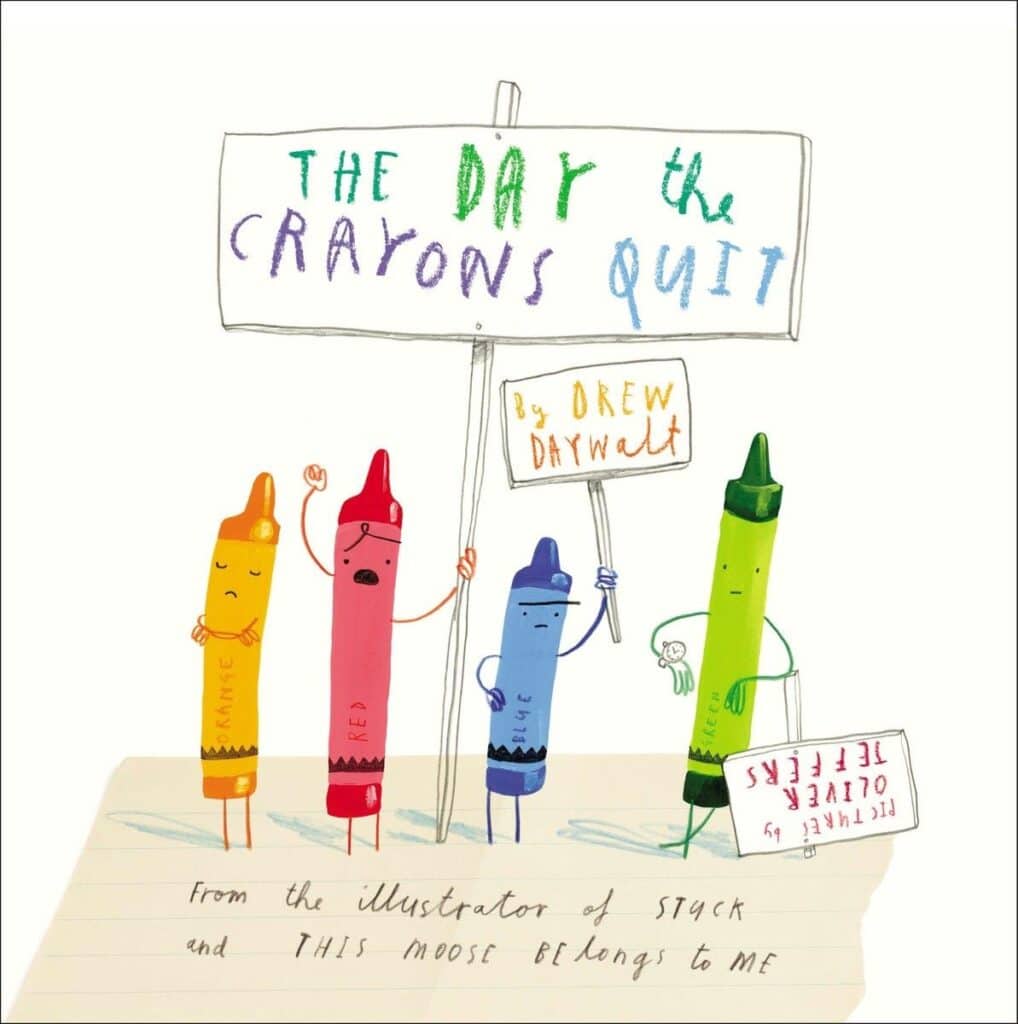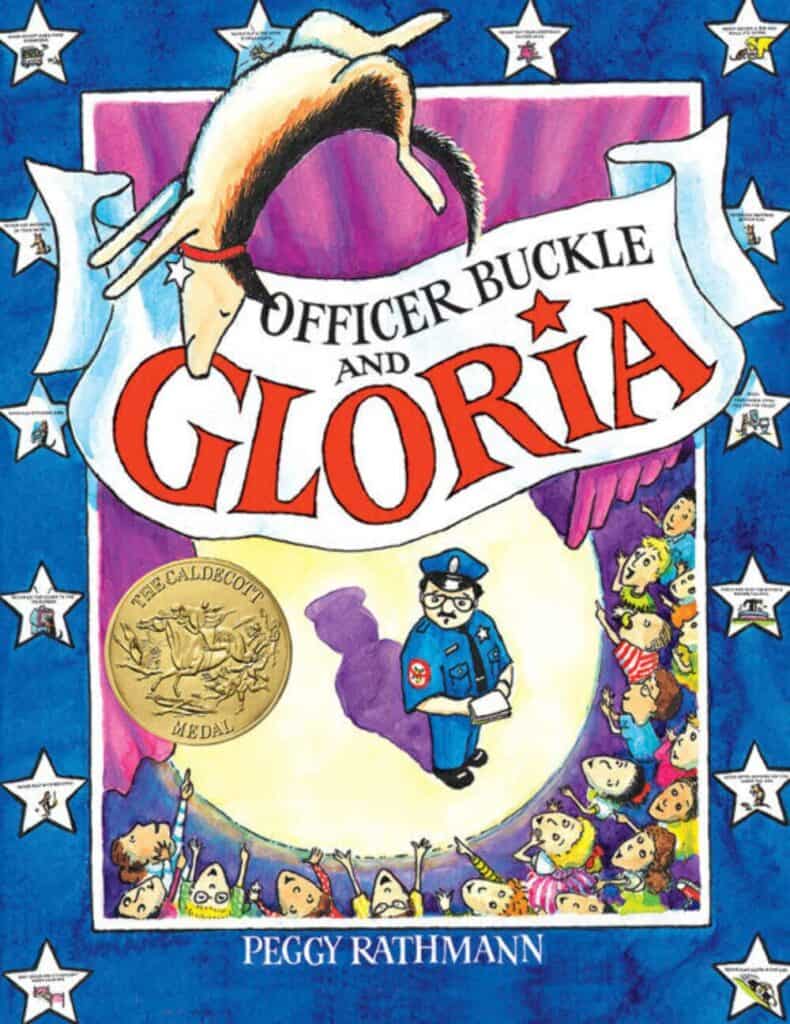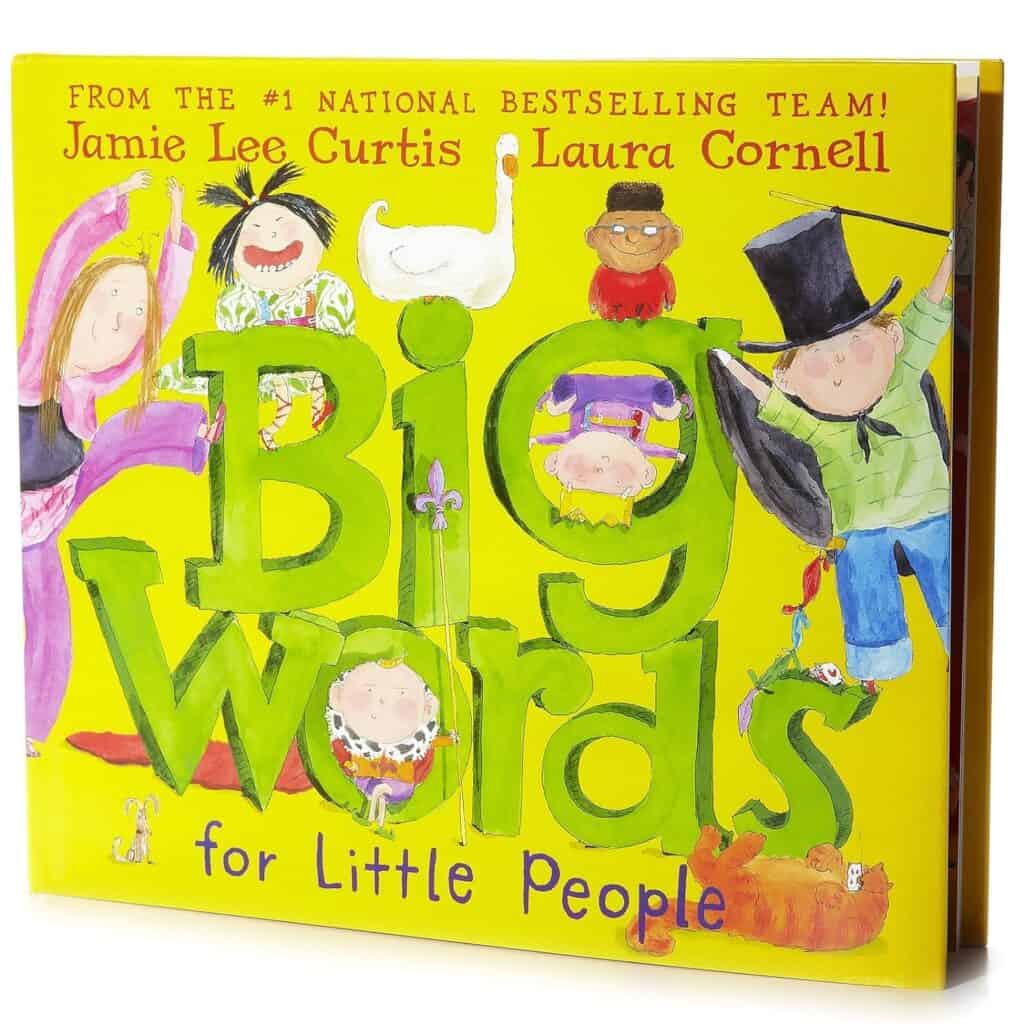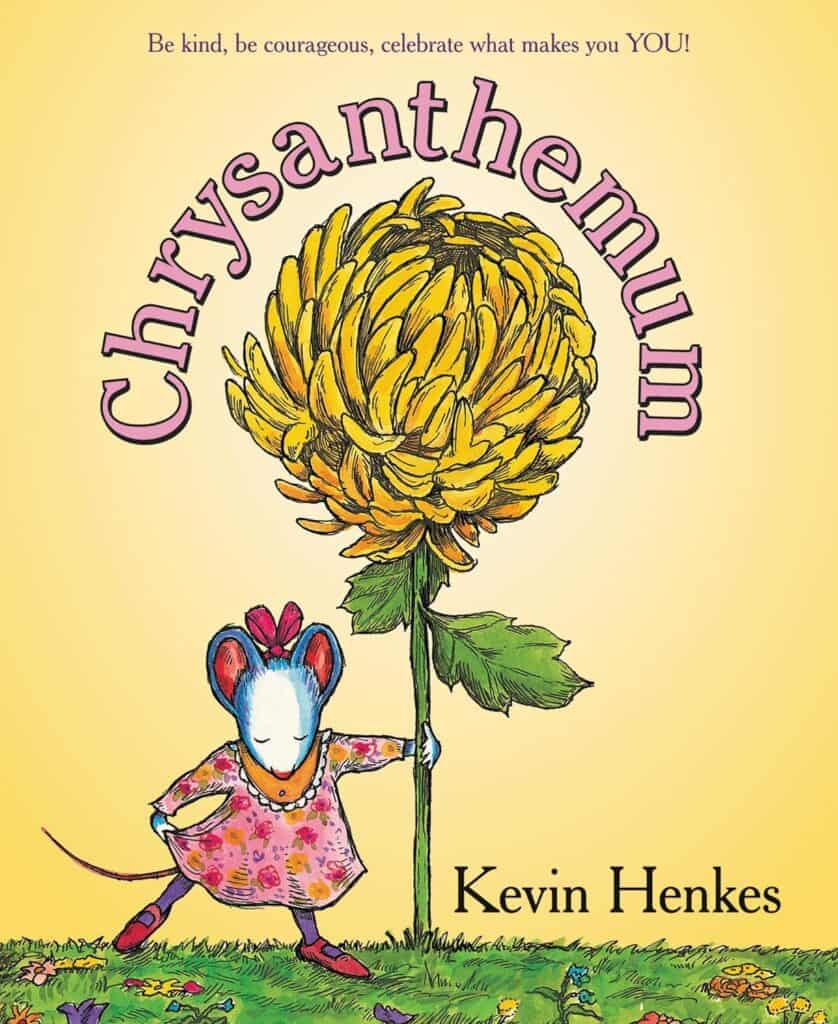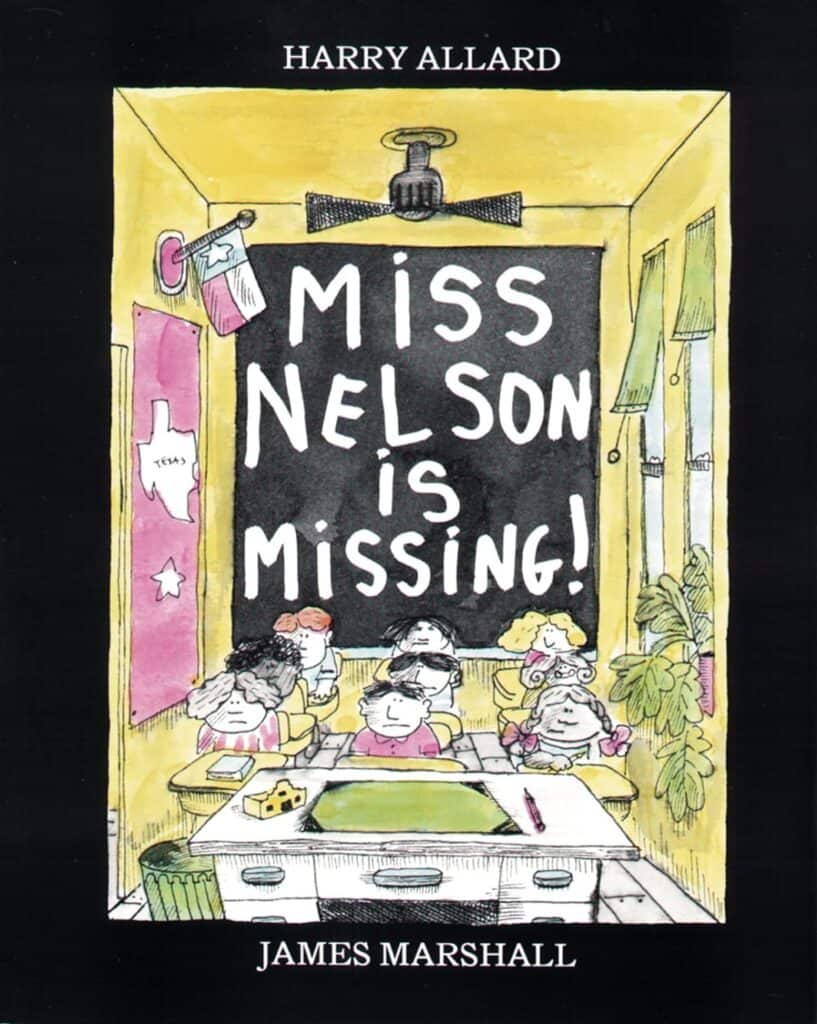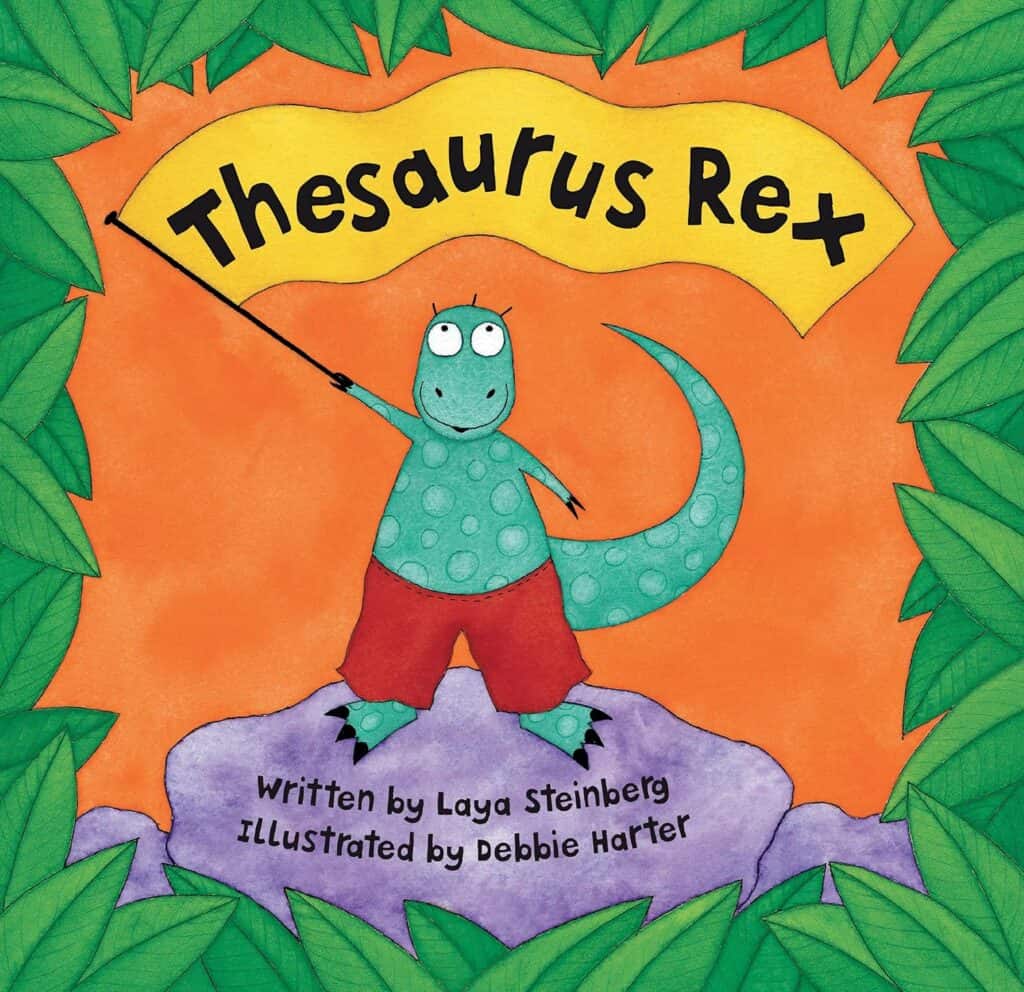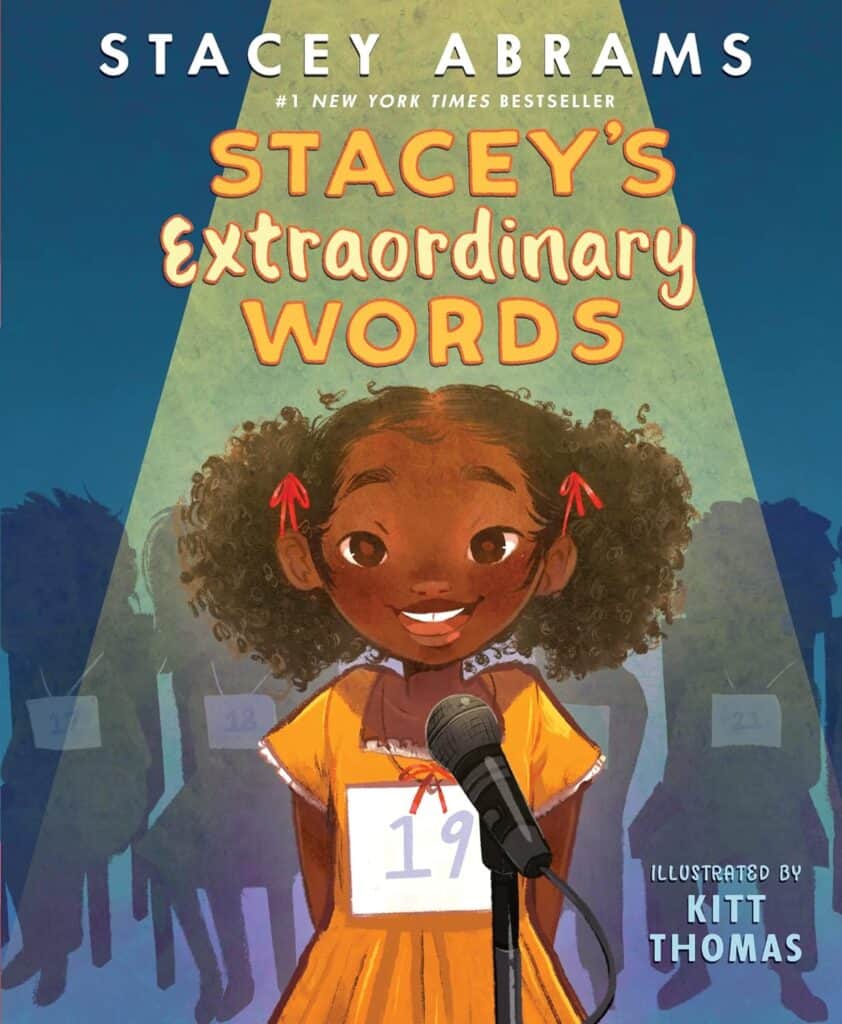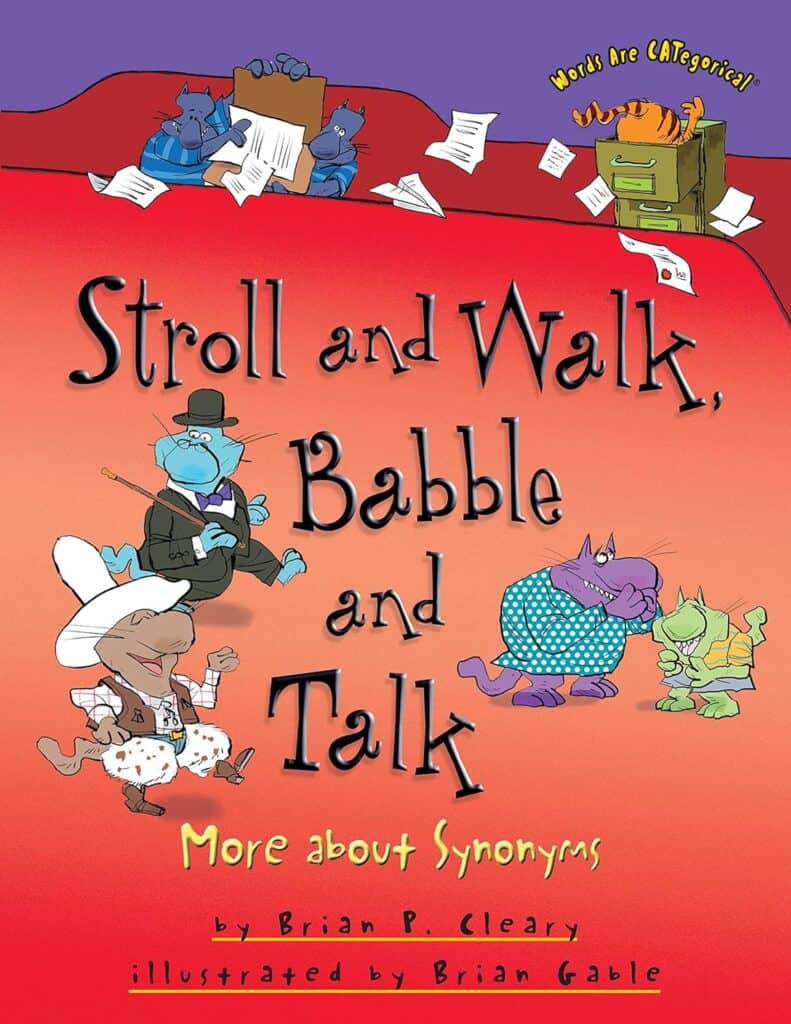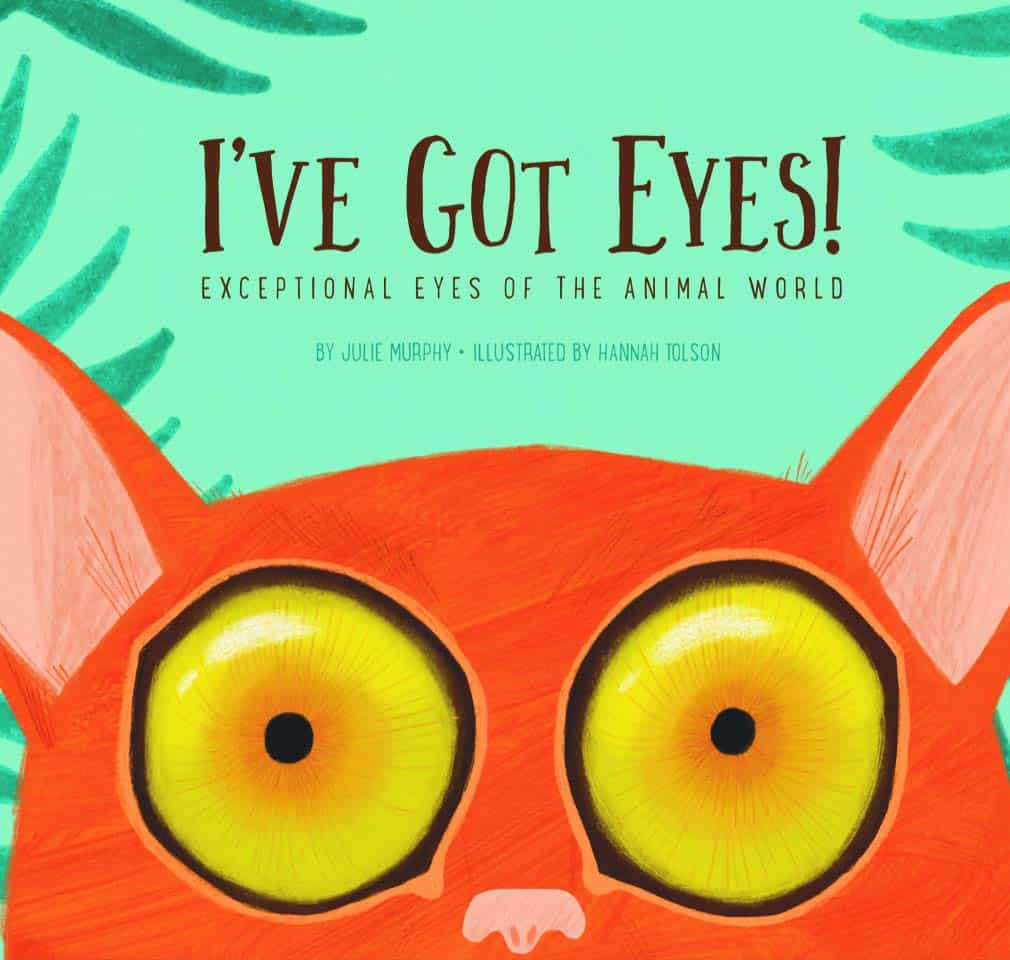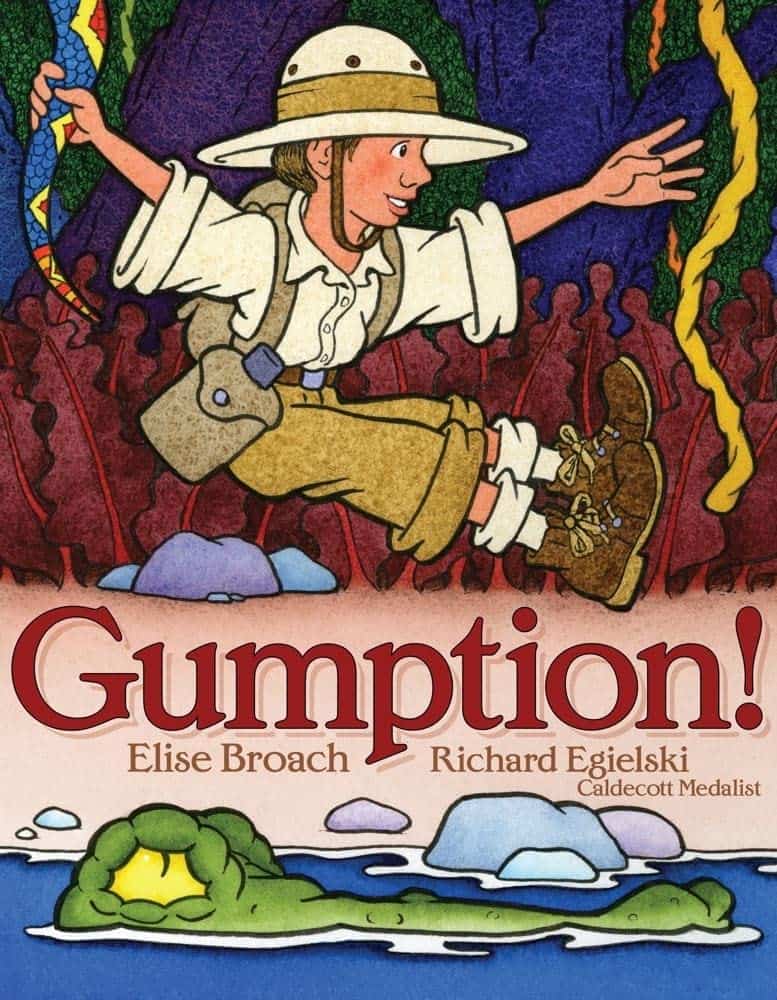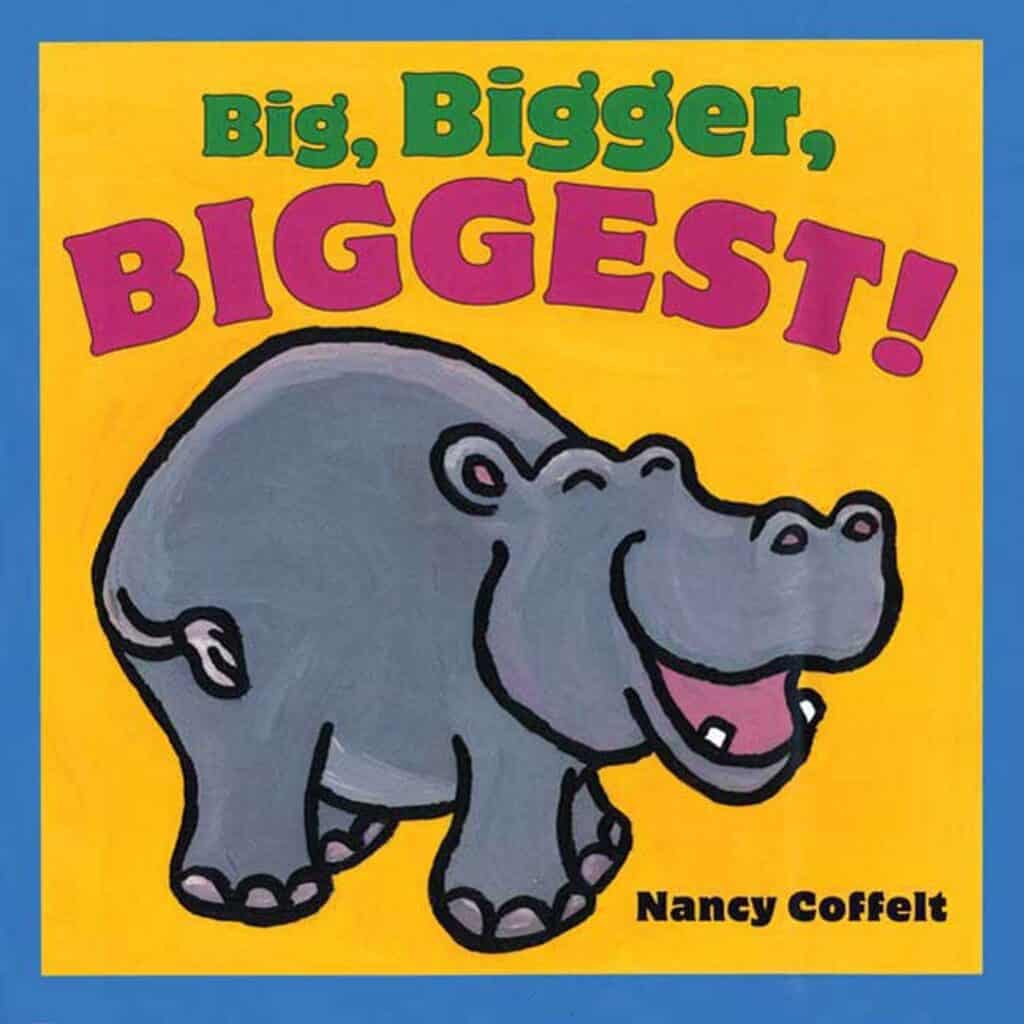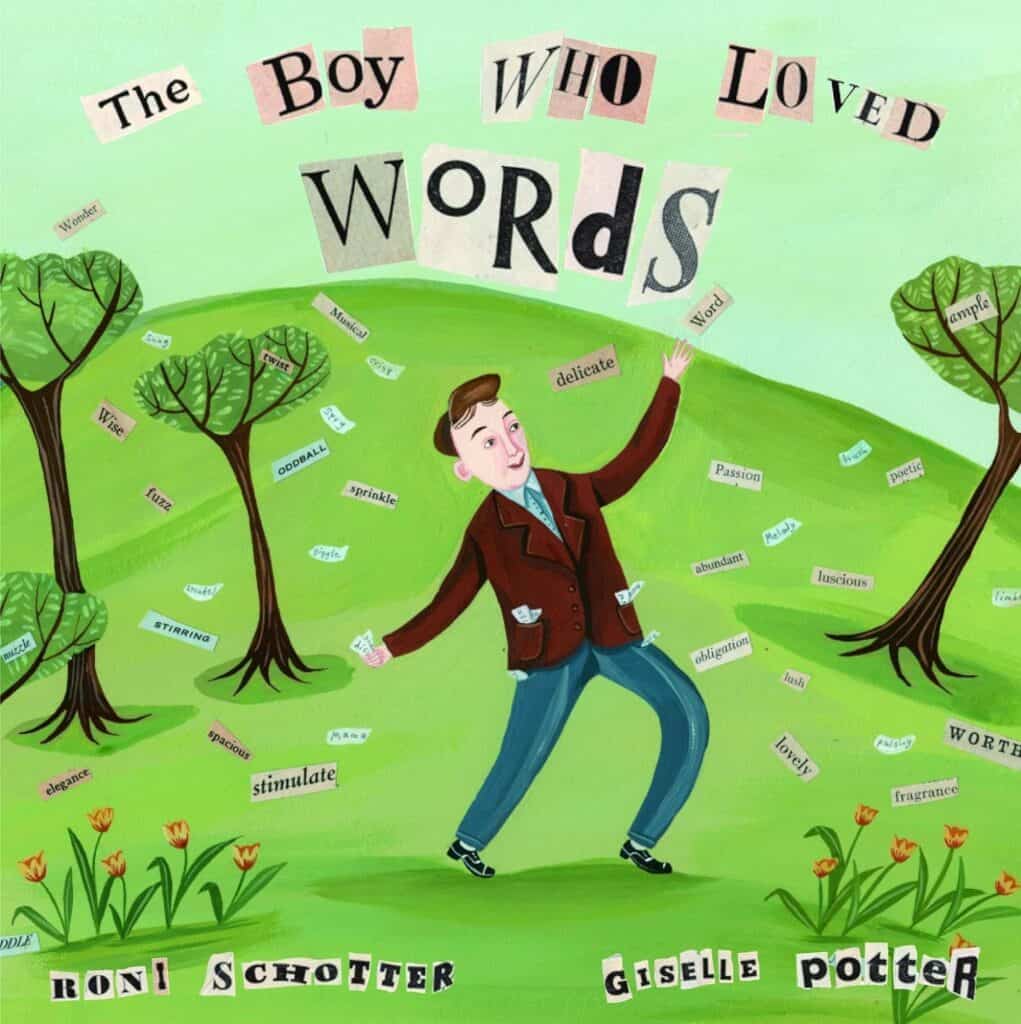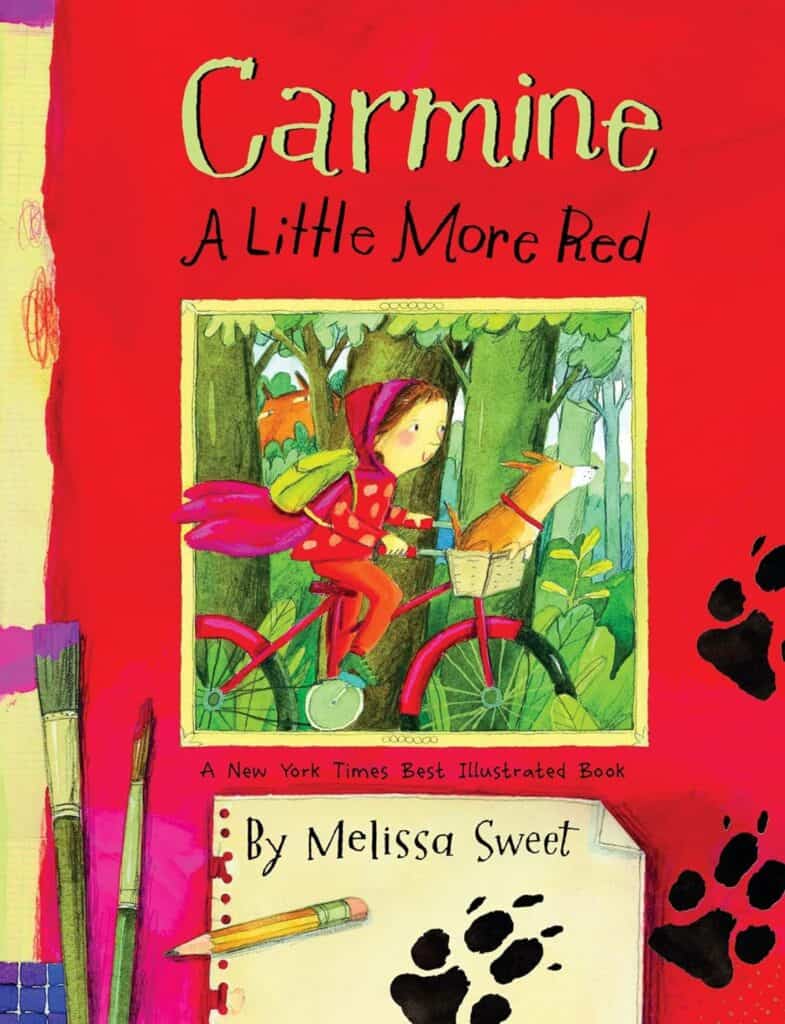25 Best Picture Books with Rich Vocabulary
Picture books with rich vocabulary are essential for kids. They open doors to language growth, expanded vocabulary, and imaginative exploration, all while keeping kids engaged in stories they love.
As a Montessori teacher, step-parent, and aunt, I’ve seen firsthand how powerful picture books with rich vocabulary can be for elementary-aged children. They spark curiosity, fuel discussion, and support the developmental needs of kids in the second plane.
To help you find the right titles, we’ve put together a list of picture books that are perfect for elementary kids and overflowing with rich vocabulary.
💡📚💡📚💡
Our 5 Favorite Picture Books with Rich Vocabulary
Carl the Cantankerous Cat
Brave Irene
The Day the Crayons Quit
The Secret Knowledge of Grown-Ups
The Absolutely Awful Alphabet
These aren’t just stories, they’re invitations to explore new words, which is perfect for children navigating the second plane of development. So whether you’re in the classroom or reading at home, the right book can make vocabulary learning feel effortless. It’s learning in disguise!

25 Picture Books with Rich Vocabulary
Words have the power to ignite imagination and expand understanding of the world.
In this curated list, you will discover 25 captivating picture books with a rich vocabulary. They pull readers in with their beautiful illustrations then engage young minds with their wealth of expressive and vibrant words.
With this list, you can be sure your child is getting the best possible exposure to language and literature!
💡 Teacher Tip: Save or pin this blog post for future reference.
1. Carl the Cantankerous Cat by Donna Paul and Karen Patel
This exceptional picture book not only delights readers with its heartwarming story but also stands out for its rich vocabulary.
Through the use of descriptive language, this book takes young readers on a cat filled journey. While following Carl’s angry antics, kids learn about unconditional love and empathy.
But you know what’s really awesome about this picture book?
It’s packed with over 70 fascinating words are woven into the story. Readers will come across words like “cantankerous,” “emphatic,” and “voracious.” If these words are new to them, they can just take a look at the pictures to help understand what they mean in the story!
To further support their understanding, a glossary is conveniently provided at the back of the book, defining and explaining the highlighted words.
Plus, readers will find 12 bonus activities waiting for them at the end of the book, adding even more fun and learning. And if you want to take the learning further, there’s a digital version of the book available with a printable activity pack that you can purchase separately.
Take a look at how advanced words are woven into this fun story:
2. The Keeping Quilt by Patricia Polacco
This heartwarming tale follows a family as they lovingly pass down a quilt through generations, symbolizing their heritage and the enduring bond of love.
The book is filled with carefully chosen words and evocative descriptions that engage readers of all ages.
Through its descriptive language, the book engages readers and transports them into the family’s past. The inclusion of historical details adds depth and educational value, while the universal themes of family and tradition create lasting connections.
3. The Fort by Laura Perdew
Join the adventure as a pirate and a prince navigate sharing their fort in the woods.
The Prince dreams of a royal party while the Pirate craves a treasure hunt, leading to a clash of desires.
This book takes readers on an imaginative journey through lush illustrations, capturing the children’s world of castles and pirate ships.
Perfect for read-aloud sessions, this tale teaches flexibility and compromise, celebrating the boundless power of imagination. With rich language and captivating imagery, it’s a delightful, relatable story that kids will love!
4. The Lotus Seed by Sherry Garland
Journey through history and heartache with a poignant tale of war, refuge, and the enduring power of memory.
Told in elegant, unrhymed verse, this story follows a Vietnamese girl forced to flee her homeland during civil unrest, clutching a precious lotus seed from the emperor’s garden.
As she and her family adapt to life in the USA, their cultural heritage remains strong.
With stunning oil illustrations capturing the beauty of lotus flowers, this book serves as both a charming narrative and a gateway to discussions about refugees and resilience.
5. The Gardener by Sarah Stewart
This is indeed a picture book that possesses rich vocabulary and is an excellent choice for elementary vocabulary development. The book chronicles the journey of a young girl who relocates to the city to reside with her uncle.
The rich vocabulary in this picture book is vividly depicted in the letters that Lydia Grace writes to her family members about her experience working as a gardener for her uncle.
By incorporating descriptive language, young readers are invited to expand their vocabulary while they visualize and understand the story.
Listen to this award-winning book here:
6. The Word Collector by Peter H. Reynolds
Kids who love to collect will get a kick out of this one! This book revolves around a young boy who embarks on a journey of collecting words and discovering the power they hold.
Readers will be sure to join in and celebrate the beauty and diversity of words, instilling in them a sense of wonder and curiosity about language.
Through the protagonist’s word-collecting journey, children are inspired to seek out new and interesting words, thereby enhancing their language skills and ability to express themselves effectively.
7. Brave Irene by William Steig
Join Irene on her brave adventure through a swirling snowstorm as she sets out to deliver a dress to the duchess in time for the ball.
With vivid descriptions that make you feel like you’re right there in the blizzard, this book is all about never giving up, no matter how tough things get. It’s an inspiring tale of courage and determination that you won’t want to miss.
With carefully chosen words, the author paints a detailed picture of the wintry landscape, capturing the storm’s essence and its impact on Irene’s brave journey.
8. Beneath by Cori Doerrfeld
This book revolves around a child, Finn, who starts out in a horrible mood. His grandfather invites him on a woodland stroll, where they uncover profound things about themselves along the way.
As they walk through the forest, Grandpa points out hidden wonders in this world: the tree roots underground, the fish beneath the water’s surface, and the eggs nestled in bird nests.
It’s a beautiful lesson that a lot is going on beneath the surface ourselves.
The author uses words and phrases that create a sense of wonder and capture the essence of the hidden realm. By encountering rich language such as “mysterious,” “enchanted,” or “otherworldly,” young readers are exposed to words that convey imagination and fantasy, expanding their vocabulary related to magical settings and realms.
Here’s a great read aloud if you’re looking for a sneak peak:
9. Jonas Hanway’s Scurrilous, Scandalous, Shockingly Sensational Umbrella by Josh Crute
This fun nonfiction read that explores how umbrellas became fashionable and saved many people from getting wet in England is a superb choice for elementary vocabulary development.
It’s perfect for young readers who enjoy learning quirky facts about the world.
With descriptive language and historical details, the book engages readers of all ages, making it a great tool for expanding vocabulary.
The rich vocabulary and historical references encourage readers to ask questions, learn more, and explore related topics, all while discovering the intriguing history of umbrellas!
10. The Day the Crayons Quit by Drew Daywalt
This fun story revolves around a group of crayons who decide to go on strike. Each crayon shares their complaints through letters making it a funny and imaginative tale that kids love!
Filled with descriptive language and great illustrations, this book holds the attention of readers of all ages while providing ample opportunities for vocabulary expansion.
Additionally, the humour certainly adds an engaging element to the book. The funny situations and witty dialogue entertain readers and keep them turning the pages.
11. Officer Buckle and Gloria by Peggy Rathmann
The story revolves around a police officer named Officer Buckle and his trusty dog, Gloria, who collaborate to teach children about safety.
The charming illustrations paired with the book’s comical story enrich the reading experience and provides plenty of chances to learn new words while laughing.
This book adds laughter to learning which is great because kids learn best when they’re having fun.
Through diverse words and phrases, the author highlights key safety concepts in a fun and engaging way.
See what makes readers fall in love with Gloria in this read aloud:
12. Big Words for Little People by Jamie Lee Curtis
This picture book about siblings learning big words is a quirky delight of a read.
With it’s use of detailed illustrations, catchy rhymes, and fun characters this book introduce young readers to a range of new words in a fun way.
It’s an entertaining and educational read that helps young children learn new words and expand their vocabulary.
13. Chrysanthemum by Kevin Henkes
A classic picture book with a rich vocabulary that has been delighting children and adults alike for decades.
This story follows the main character, Chrysanthemum, who loves her name until she starts school and is teased by her classmates.
Chrysanthemum’s feelings of love, pride, embarrassment, and resilience introduce new words for readers to explore.
It’s a great opportunity for kids to learn about self-identity and acceptance through simple, relatable experiences.
💡 Articles related to the topic of this picture book with rich vocab:
13 Examples of Teachable Moments From a Montessori Elementary Teacher
Montessori’s 4 Planes of Development: Spotlight on Elementary Growth
14. The Secret Knowledge of Grown-Ups by David Wisniewski
This humorous book takes a playful approach to how grown-ups use “secret knowledge” to maintain authority over children.
Parents often joke with their kids about the “real reasons” they ask them to do things, but the author does a much better job of expanding and illustrating these types of fantasies. Kids find hilarious explanations for life’s normal rules.
With its clever use of language and detailed illustrations, the book offers a delightful reading experience while promoting vocabulary expansion.
15. Miss Nelson Is Missing! by Harry G. Allard Jr.
When the students of room 207 repeatedly misbehaved, their teacher, Miss Nelson, disappeared, leaving them with a strict and mean substitute named Viola Swamp.
After being snapped at and practically crushed under the weight of all their assignments, the kids really miss Miss Nelson.
A reminder to appreciate what we have and not desire more.
Enjoy listening to the story with lively characters and fun voices!
16. Thesaurus Rex by Laya Steinberg
This fun children’s book follows a lively dinosaur and his daily activities.
Each activity is accompanied by a variety of synonyms, providing young readers with an engaging introduction to the use of a thesaurus.
A great book to use when teaching synonyms!
With its lively storytelling and rich vocabulary, this picture book is sure to entertain and educate readers.
Here’s a great spread from the book:

17. Stacey’s Extraordinary Words by Stacey Abrams
This book takes readers on a journey alongside a young girl named Stacey as she discovers the power of words.
A picture book with rich vocabulary, this story gives kids a chance to explore and understand more complex words.
This emphasis on vocabulary development helps enhance their reading experience in a fun and meaningful way.
The book is filled with life lessens as it emphasizes the importance of perseverance and teaches how words can be both helpful and harmful.
As you can see in this sample spread of the book, the illustrations are beautiful.

18. Stroll and Walk, Babble and Talk by Brian P. Cleary
This picture book uses rich vocabulary to teach children about synonyms.
The book is filled with colourful illustrations and uses a range of advanced words to help children learn different ways to express themselves with a variety of parts of speech.
The colourful illustrations in the book capture children’s attention and provide visual context to aid in understanding and vocabulary acquisition.
Related articles:
Parts of Speech for Kids: The Ultimate Guide
Parts of Speech Videos for Your Elementary Language Lessons
19. I’ve Got Eyes! Exceptional Eyes of the Animal World by Julie Murphy
This non-fiction picture book with rich vocabulary teaches children about the different types of eyes that animals have and how they use them.
Packed with intriguing information, this book delves into the intricate world of eye structures and functions, using a diverse range of vocabulary to describe their complexities and operations.
By incorporating a range of vocabulary, the book expands children’s word knowledge and encourages them to explore and understand scientific concepts.
Your students will love the big colorful drawings in this book!

💡 Are your students hooked on animal books? Then they’ll love our noun memory matching card game too! Explore different words through adorable animal baby names, the sounds they make, and their collective nouns. Click to get your set!
20. Gumption! by Elise Broach
Peter’s adventurous Uncle Nigel, an explorer at heart, takes his nephew on a thrilling expedition to find the Zimbobo Mountain Gorilla in Africa.
Despite the dangers they encounter, Uncle Nigel’s jolly encouragement of “All it takes is a bit of gumption” spurs Peter forward.
As Peter faces challenges he relies on his own determination, while his uncle remains oblivious to the perils around them.
Through engaging storytelling filled with delightful language, including words like “zonked” and “dung,” the book showcases Peter’s courage and resilience in the face of chllenges.
💡 Free Download! Enhance their social skills with real-life role plays! Get your hands on our exclusive Social Skills Command Cards for FREE when you sign up for our newsletter.
21. Big, Bigger, Biggest! by Nancy Coffelt
This picture book not only introduces children to the concept of size and measurement but also serves as an excellent tool for elementary vocabulary development.
Young readers explore the world of varying sizes and use a range of vocabulary to describe the different sizes of objects.
Through the use of words like “enormous,” “gigantic,” and “colossal,” the book enriches children’s language abilities, empowering them to articulate and characterize the sizes of objects they encounter in their everyday experiences.
22. The Boy Who Loved Words by Roni Schotter
Through the enchanting story of Selig, a young boy with an insatiable love for words, this picture book immerses readers in a world of rich vocabulary and introduces them to advanced words such as “prolific,” “pensive,” and “baffling.”
It’s a wonderous ode to the beauty of words!
These vocabulary choices go beyond basic terms, exposing children to words that are more complex and nuanced, ultimately helping them develop a more extensive vocabulary.
You should check out this read-aloud to see if it’s a good fit for your students!
💡Are your kids word enthusiasts? Enhance their vocabulary with our Word of the Week Google Slides set! Add this language-boosting resource to your classroom today!
23. Carmine: A Little More Red by Melissa Sweet
This picture book is a captivating reimagination of the classic Little Red Riding Hood tale.
Through vibrant illustrations and a rich vocabulary, this picture book serves as a delightful platform for elementary students to expand their language skills.
It’s part retelling of the beloved story, part alphabet book, and part vocabulary builder, making it a perfect addition to any classroom or home library.
24. If You Were A Prefix by Marcie Aboff
This is an engaging picture book that introduces children to the concept of prefixes and provides a an opportunity for elementary vocabulary development.
Incorporating a range of rich vocabulary and using imaginative scenarios helps children understand and explore the power of prefixes.
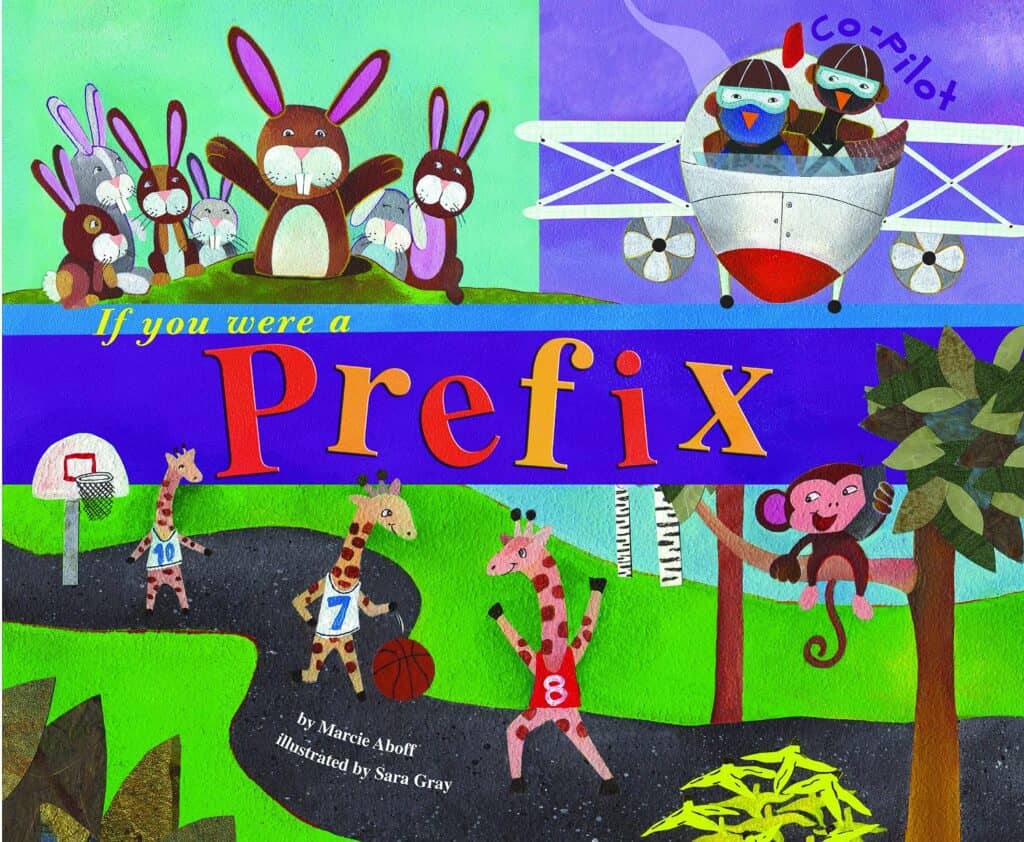
This book focuses on prefixes, which is great for language development. With prefixes like “un-,” “mis-,” and “pre-,” kids learn how words are formed and understand new words better. It helps them become more aware of words and figure out what new words mean when they read or hear them.
25. The Absolutely Awful Alphabet by Mordicai Gerstein
This is an entertaining picture book with a rich vocabulary that provides a humorous take on the English alphabet.
Rather than sticking to traditional words, this book introduces imaginative and unexpected ones like “anxious aardvarks,” “disastrous dinosaurs,” and “horrible hounds.”
These unconventional choices ignite children’s curiosity and expand their vocabulary, making language learning enjoyable.
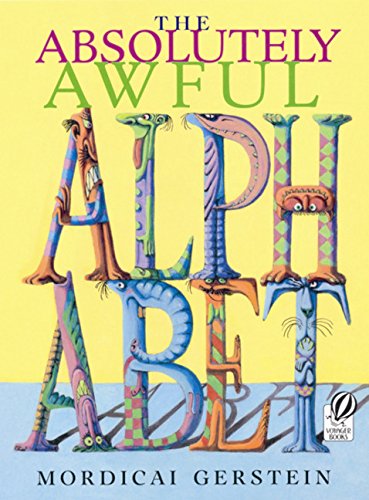
This picture book will expose elementary children to a variety of words beyond their everyday experiences.
Take a look at this video to see the awesome words used in this book.
💡Like this book? Then you’ll love these blogs:
Classroom Vocabulary Activities: 11 Post-Picture Book Reading Ideas
31 Fun Summer Reading Activities Elementary Students Will Love
Benefits of Kids Having a Rich Vocabulary
At the elementary level, a broad vocabulary extends beyond mere word knowledge.
A rich vocabulary empowers young minds with a formidable tool that can positively impact various aspects of their lives.
From my experience as an elementary Montessori teacher, I’ve observed firsthand the endless benefits that come with knowing a lot of words.
A rich vocabulary can significantly impact students in the following ways:
These benefits alone make picture books with rich vocabulary so wonderful!
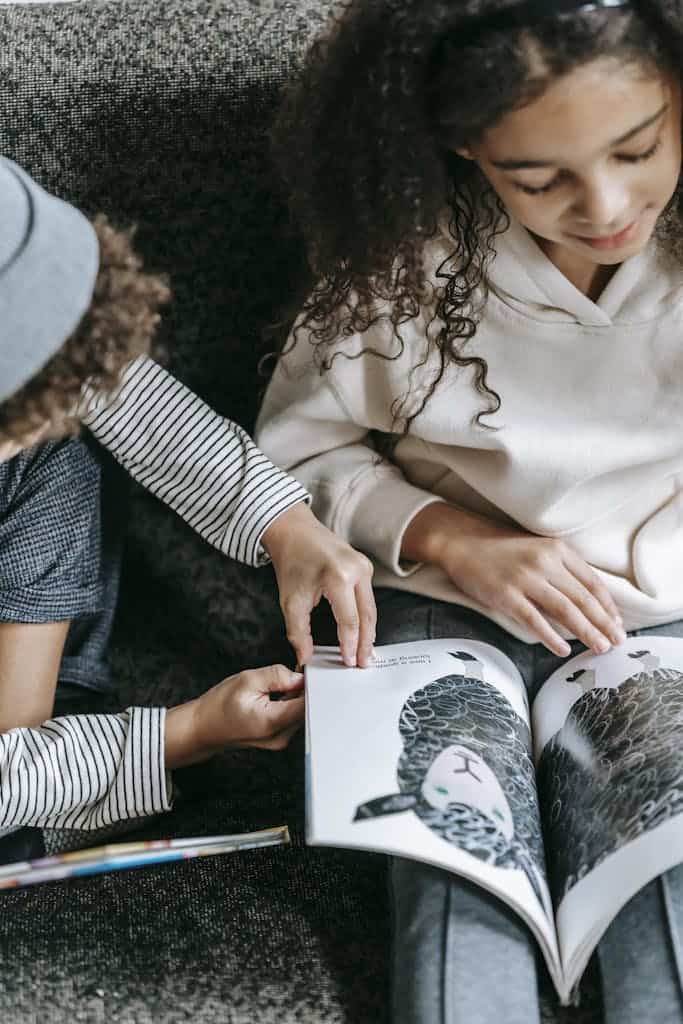
You see, knowing lots of words isn’t just about having many options; it’s about showing kids how to use those words well to do great things.
This is your sign to share the joy of picture books and their rich vocabulary with the young minds around you!
The Wrap-Up: Picture Books With Rich Vocabulary
Picture books with a rich vocabulary are like hidden treasures waiting to be discovered by elementary-aged students. These books go beyond simple words and delve into advanced concepts, capturing the imagination of young readers in the second plane of development.
By immersing themselves in these linguistic tales, children have the opportunity to expand their vocabulary, enhance their language skills, and unlock the power of expression all while having fun.
Keep Kids Busy With the Activities in These Blogs
Your Kids Need This Activity Book with Unique Drawing Prompts
9 Unique Rebus Puzzles with Answers for Kids
Book Report Ideas for 5th Grade that Spark Imagination
57 Epic Montessori-Aligned Spring Break Activities for Your Kids
31 Fun Summer Reading Activities Elementary Students Will Love
The Best Neighborhood Walk Scavenger Hunt
8 Easy Rebus Puzzles with Answers
Score Big with These 9 Super Bowl Classroom Activities
The Ultimate 13 Vocabulary Development Activities for Kids
27 Educational YouTube Channels to Prevent Summer Learning Loss
📌 Save this blog for later by pinning it now!




